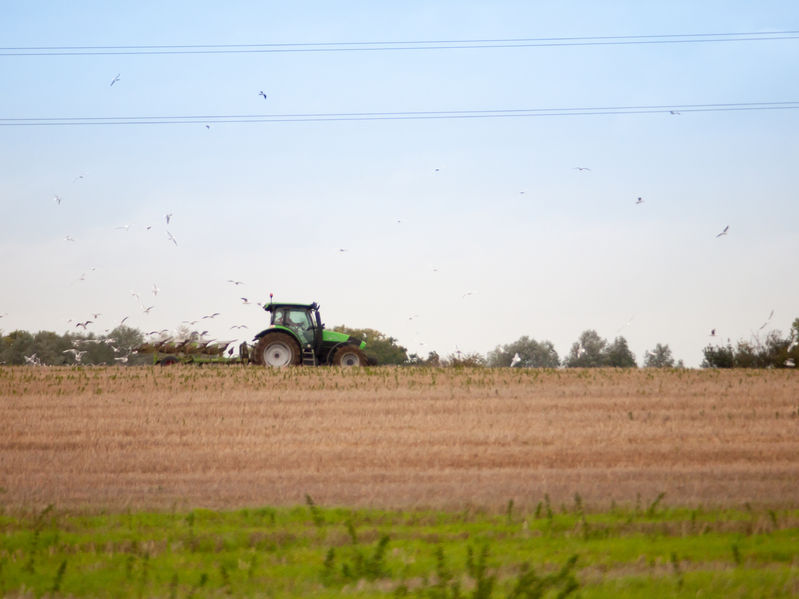
The UK government has been urged to include landscape management and environmental protection in new food and farming policy post-Brexit.
Although the EU’s Common Agricultural Policy (CAP) provides income support to farmers across the UK nations, on average to the tune of 50-60%, it has been criticised for its complexity and for creating inequalities within the system, failing to support the most vulnerable farmers.
Defra secretary Michael Gove has announced that future farm subsidies must be assessed on environmental and public benefits the land brings rather than simply how much land is owned.
He said farmers should get money based on how well they protect the environment and how well they enhance rural life, despite some concerns in the industry that the government is favouring the environment at the expense of food production.
In his first major speech since being appointed to the job, Mr Gove announced the plans to scrap the current system when the UK leaves the EU as part of this 'Green Brexit' plan.
He has previously said the CAP "rewards size of land-holding ahead of good environmental practice, puts resources in the hands of the already wealthy, and encourages patterns of land use which are wasteful of natural resources."
Defra Minister George Eustice has also called the distribution of CAP payments is 'unfair'. It has led rural campaigners to urge the government to slash farming subsidies for wealthier farmers after Britain leaves the European Union.
Mr Gove has explained that as the UK prepares to leave the EU, future agricultural policy could move towards the use of public money to reward the provision of public goods.
He has said that outside the EU, the UK can do "so much better", especially with the advent of new technology and machinery, coupled with better environmental protection.
Public goods
According to a new report by a number of academics from different UK universities, it is vital to reach a consensus on what these public goods are and to ensure that landscape management and environmental protection are central to this definition.
Dr Adam Hejnowicz from the University of York’s Department of Biology says: “Replacing the CAP with a fairer, more appropriate and effective funding model that is based on the supply of public goods and environmental protection is an immediate priority.”
He said whatever the outcome of Brexit negotiations, responsibility for agriculture will return to the UK.
“There is an opportunity to rethink and reframe the way UK agricultural policy is managed, taking a wide approach that encompasses sustainable land use, rural development and environmental conservation”, he adds.
The report suggests that agricultural policy could become part of a wider sustainable Land Use Strategy, which seeks to improve the declining environmental quality through restoration.
It explains there is scope to enhance farmland by recognising both its economic values and ecosystem services, including flood risk mitigation, biodiversity, carbon storage, clean air and water, and recreational opportunities.
Securing an agriculture-friendly trade deal with the EU will be critical in finding a balance between imports and exports that enables an adequate degree of self-sufficiency, it says.
“We must also recognise that our biggest market will still be the EU after Brexit and that cooperation is essential”, comments Professor Sue Hartley, Director of the York Environmental Sustainability Institute.
“As well as well needing the ability to freely trade products with our neighbours, many parts of the UK agriculture and food sectors will continue to rely heavily on seasonal overseas workers.”
“Ultimately, Brexit offers the UK a chance to design agricultural policy that is fit for purpose, long-term in nature and that has sustainable prosperity at its core’, Dr Hejnowicz concludes.
